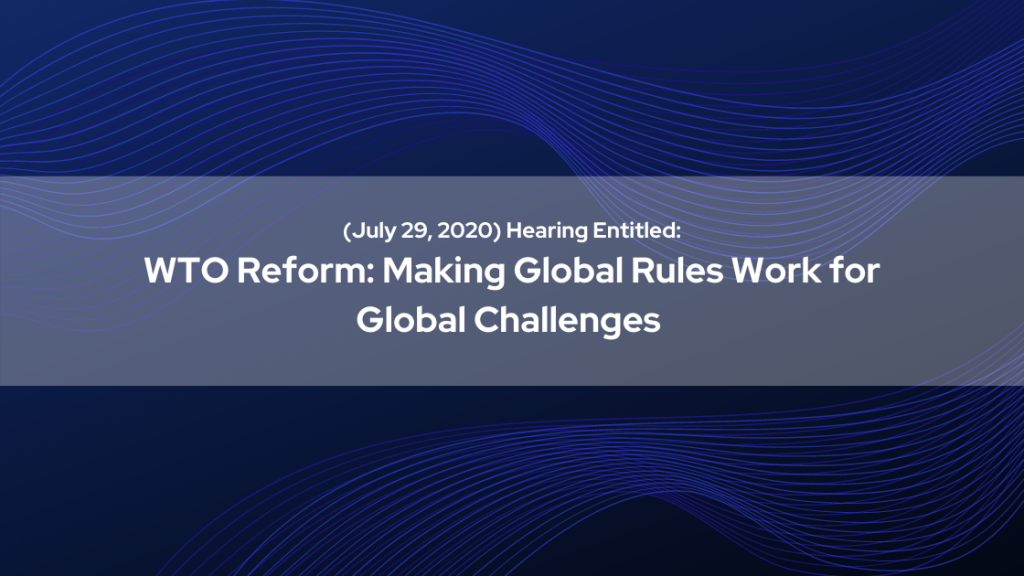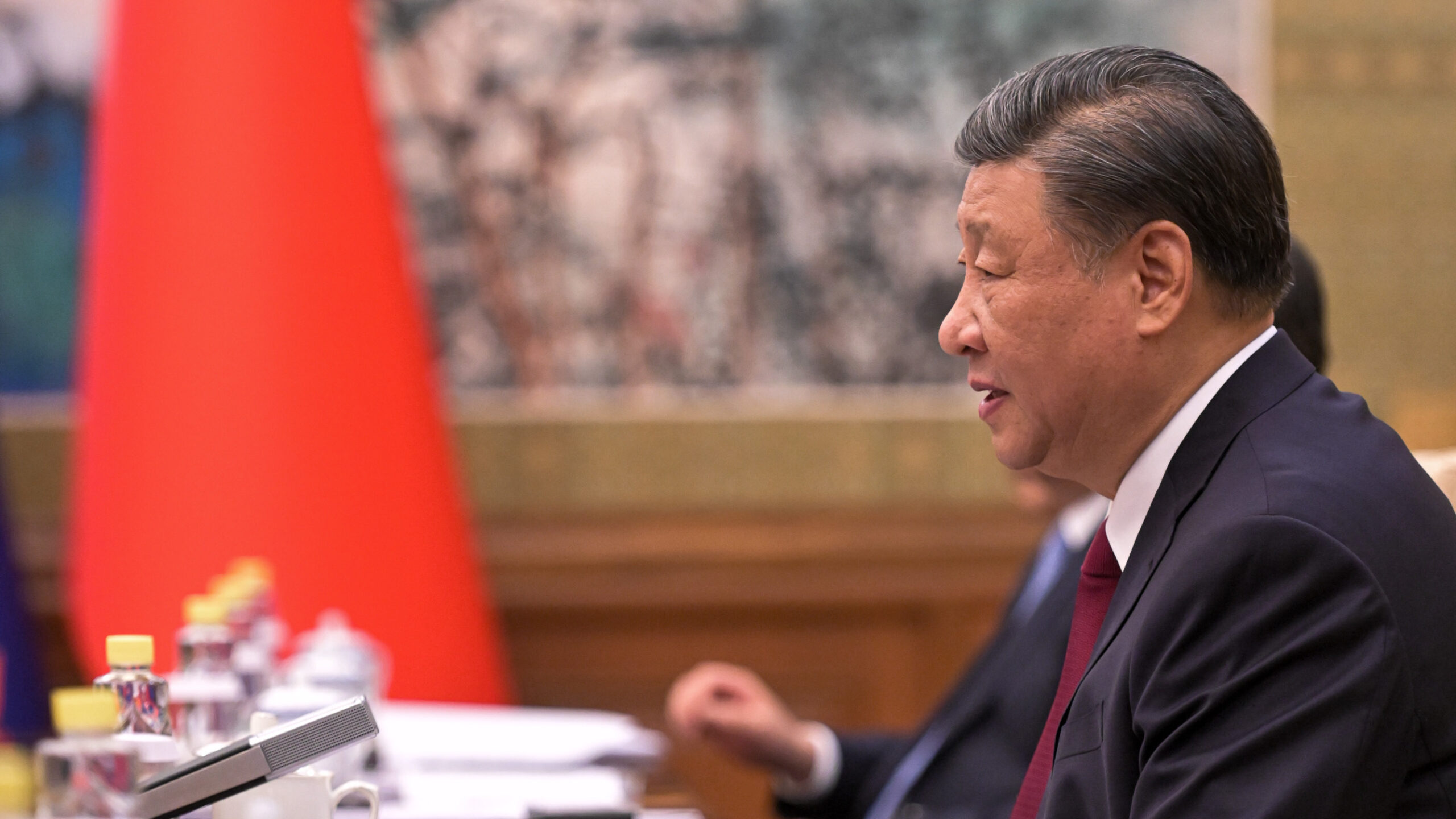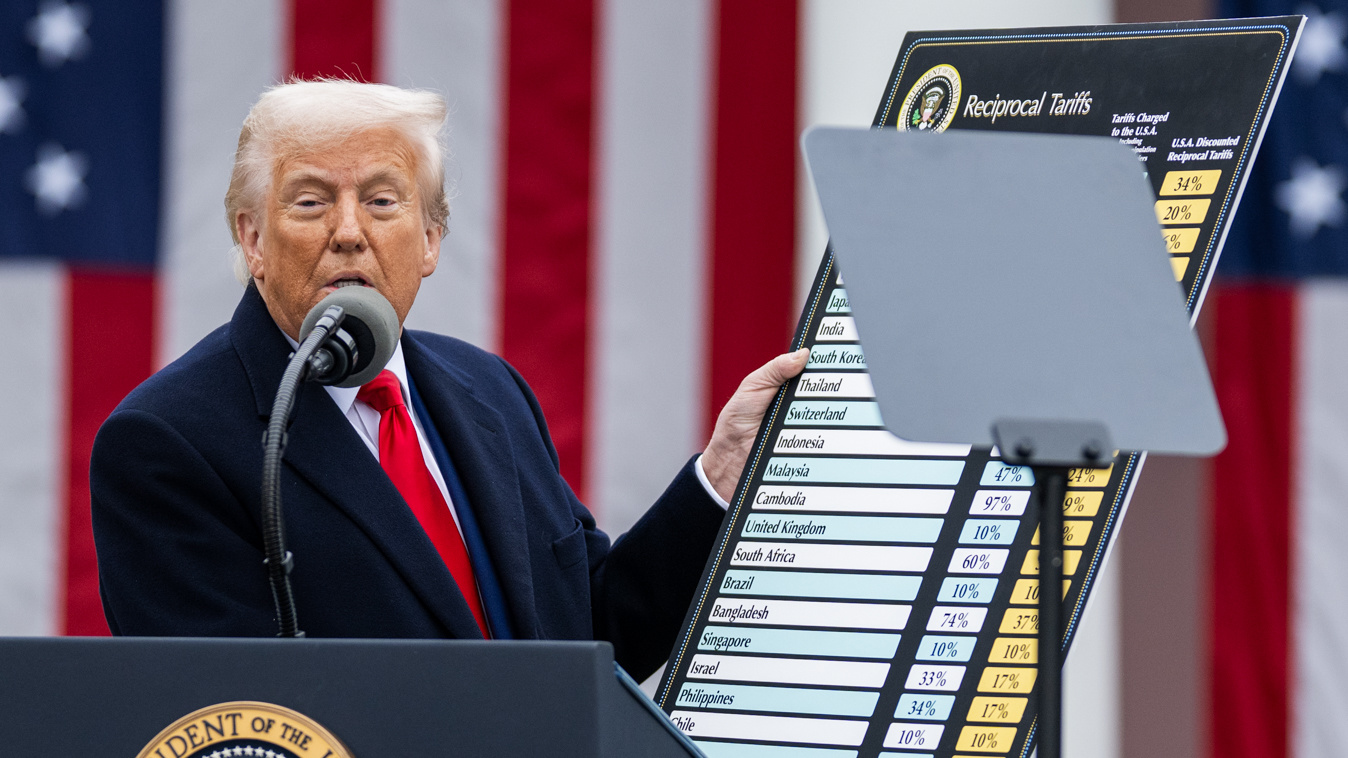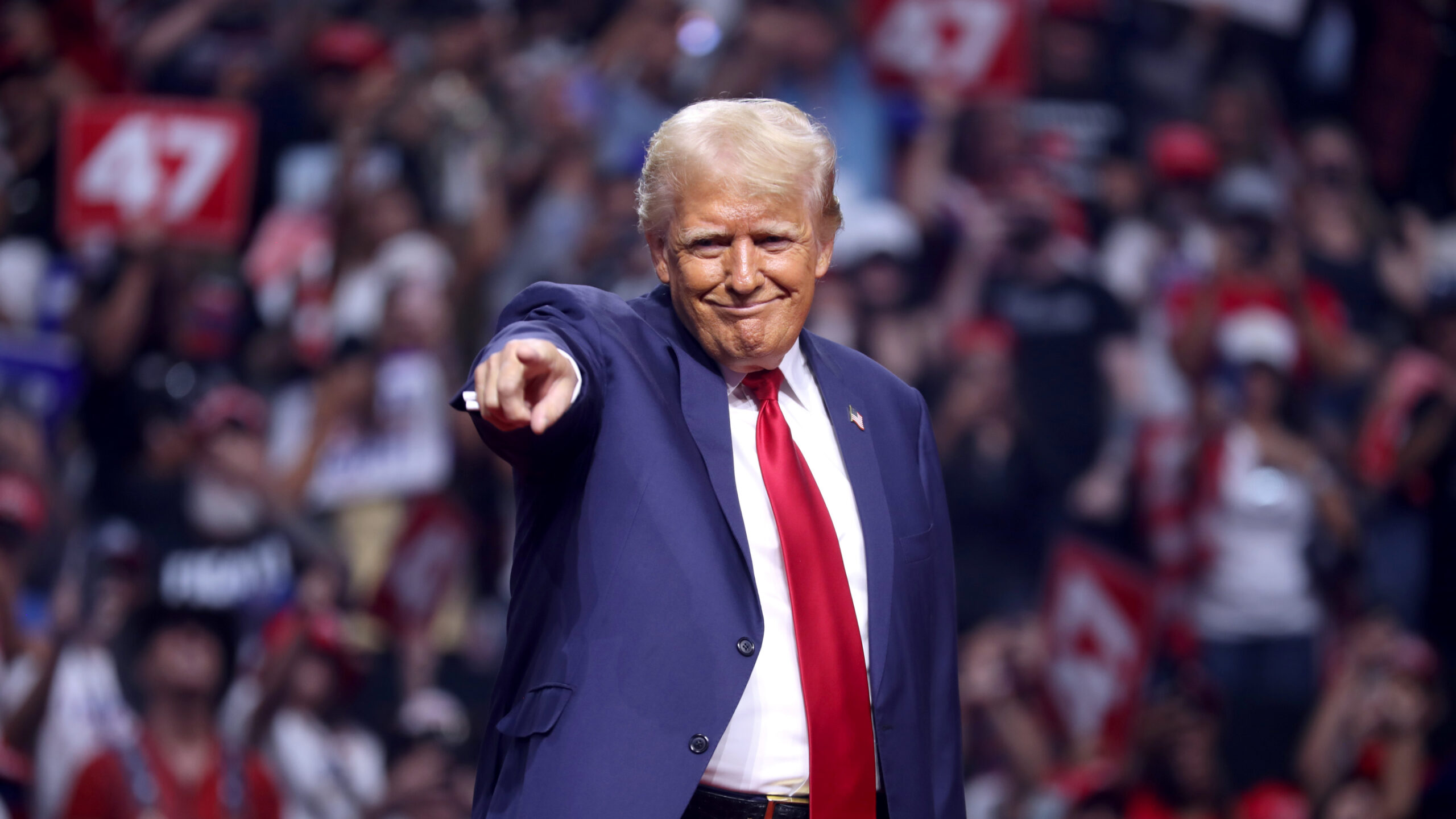Editor’s Note: CPA submitted testimony to the Senate Finance Committee relating to WTO reform. Our testimony points out the fundamental flaws in the WTO, suggests reform measures, and asserts that the US must be prepared to withdraw to maximize negotiating leverage.
As this Committee looks to whether the WTO can be reformed to address twenty-first century global challenges, the Coalition for a Prosperous America (CPA) would like to offer its views as a nonprofit, nonpartisan organization representing the interests of 4.1 million households, including manufacturing, agricultural, and labor members.
Testimony by Michael Stumo, CEO & Dan DiMicco, Chairman | August 10, 2020
CPA believes that while there are many specific problems with WTO rules, the U.S. must have a plan at the outset to address three top-level barriers. If the WTO cannot be reformed, the U.S. should consider whether to withdraw and rely more on domestic trade laws and leverage as well as bilateral agreements with like-minded partners.
Problem No. 1: The WTO’s rules for trade fail to adequately address the challenge of state capitalism, and even the special rules in China’s Protocol of Accession to the WTO were unsuccessful.
The GATT’s Article III National Treatment obligation is the core fairness principle underlying the multilateral trading system. And while it disciplines the laws, taxes, and regulations of governments belonging to the WTO, it does not adequately address the challenge of state capitalism, where policy is advanced through market actions by state controlled entities, not laws or regulations.
This challenge has become very serious since China joined the WTO. Last year, 119 Chinese companies were on Fortune‘s Global 500 list, compared to 121 U.S. companies. Of the 119 Chinese companies, 80.2% were state-owned enterprises (SOEs) controlled by the CCP. These SOEs are instruments of state policy unencumbered by WTO rules. The GATT’s Article XVII, the so-called State Trading Enterprises provision, has proven toothless. This provision is seldom invoked at all, and is usually invoked in the context of disputes among developed nations. There is no prospect of reform at the WTO to deal with state controlled market actors.
CPA agrees with the assessment of U.S. Ambassador to the WTO Dennis Shea on this topic. Last month, Ambassador Shea wrote that “[w]hen Members opened their economies to competition through the WTO, they did so with a shared understanding that market-oriented conditions would take hold in each of their economies and this would help ensure a level playing field for that competition to take place”. Clearly, this did not happen. The central bargain of the WTO – by which the United States limited itself to most-favored nation (MFN) tariffs in exchange for fairness and non-discrimination in the global economy – has thus been denied.
This perspective is not new. Indeed, U.S. negotiators and those of our allies well understood the challenges of admitting a state-capitalist economy into the WTO. For that reason, when China joined the WTO, it agreed to special rules and commitments in its Protocol of Accession that – at least on paper — went far beyond the commitments of any other WTO Member. And yet, despite the strong and impressive language in China’s accession documents, those rules have proved to have little practical value.
Even within the Organization for Economic Cooperation and Development (OECD), and within our more modern free trade agreements, U.S. officials have struggled to develop meaningful language to temper the market-distorting effects of state capitalism.
For these reasons, we must not rely on clever rule-writing when examining how to reform the WTO to deal with state capitalism. Non-market economies (NMEs) should not have access to the same bound tariff rates as our market-economy trading partners. Reformed WTO rules must allow for broad flexibility in setting tariffs for NMEs without resort to ad hoc trade remedies litigation.
We should also consider whether NMEs should be included in the WTO at all.
Problem No. 2: The United States must first renegotiate our bound tariffs before we can hope to reform the rules.
The WTO perpetuates and enforces unfair tariff disparities against the United States. According to World Tariff Profiles – a co-publication of the WTO, the International Trade Centre, and the United Nations Conference on Trade and Development (UNCTAD), the United States has the lowest Simple Average Bound Tariffs, at just 3.4% across all products. By contrast, the Simple Average of India’s Bound Tariffs is 48.5%, with nearly a third of its industrial tariffs are unbound entirely. Other such examples could be given: the simple average for Turkey is 28.9%, for Brazil it is 31.4%, for Indonesia it is37.1%, and so on. While some countries with high bound tariffs may choose to apply tariffs at a lower level from time to time, they avoid binding their tariffs at low levels due to the well-established policy advantages that come from the flexibility to raise tariffs.
Because of this asymmetry in bound tariffs, the United States has little to offer by way of incentives in renegotiating the rules.
In his testimony to this hearing, Ambassador Lighthizer cited the asymmetry in bound tariff rates first when calling for a “broader reset” at the WTO:
“[T]he United States will also seek a broader reset at the WTO. Currently, outdated tariff determinations are locked in place that no longer reflect Members’ policy choices and economic conditions. As a result, many countries with large and developed economies maintain very high bound tariff rates, far above those levied by the United States.”
CPA supports this goal, and has called for the United States to initiate the GATT Article XXVIII process at the WTO. The United States must show willingness to exit the WTO for other countries to take our negotiators’ efforts to achieve tariff reciprocity seriously.
Problem No. 3: The WTO Dispute Settlement System Has Created New Rules and Obligations Outside the Scope of the Uruguay Round Agreement
CPA members believes the Office of the USTR has acted appropriately in withholding consent for appointments to the WTO’s Appellate Body. The Appellate Body has wrongly transitioned from merely interpreting and applying the Uruguay Round Agreement to growing its power unchecked and acting as a Geneva governance institution.
Earlier this year, the Office of USTR published its Report on the Appellate Body of the World Trade Organization. CPA appreciates that USTR took time to do this stock taking exercise. We agree with USTR that the WTO Appellate Body “has added to U.S. obligations and diminished U.S. rights” by altering the meaning of various WTO agreements from their initial agreed upon understanding by Uruguay Round negotiators.
CPA would like to highlight for this Committee two of the Appellate Body offenses documented in USTR’s Report that demonstrate in particular how the Appellate Body has limited the usefulness of WTO agreements in disciplining non-market economies:
- The Appellate Body has adopted an overly narrow definition of the word “public body” in the WTO Subsidies agreement, thus “favor[ing] non-market economies operating through SOEs over market economies”;
- The Appellate Body neutered the ability of market-economies to use domestic trade remedies against non-market economies by blocking use of “a non-market economy methodology to address simultaneous dumping and trade-distorting subsidization”.
Adverse decisions aren’t limited to the Appellate Body. In DS163, Korea – Measures Affecting Government Procurement, a WTO Panel ruled against the United States when we challenged discriminatory procurement related to Korea’s Inchon International Airport. Korea had obligated its Ministry of Construction and Transportation (MOCT) as a governmental department that would allow U.S. bidders non-discriminatory access to its procurement. However when a subsidiary entity controlled by the MOCT, in this case the Korean Airport Authority, was given procurement control, the Panel allowed it to escape any procurement disciplines because it was not also specifically listed by Korea in its Government Procurement Agreement (GPA) annex. This decision shows how difficult it is to use the WTO dispute settlement system against a government that is determined to help its own companies at our expense.
There has been a consistent pattern throughout the history of the WTO Dispute Settlement System: measures to nudge state capitalist economies towards market economy status are weakened, while market economies’ ability to defend themselves against the distorting effects of state capitalism is weakened. In other words, the Dispute Settlement System is actually helping to make global markets less efficient.
CPA supports USTR’s concern that “too many WTO Members remain unwilling to do anything to rein in this conduct.”
Conclusion
Article IX of the WTO Agreement enshrines the “consensus practice” developed under the GATT whereby if any country objects to an amendment to WTO rules, the amendment is vetoed. The notion that the United States can sit down in Geneva and reach meaningful reform with the WTO’s 163 other Members while maintaining the status quo WTO relationship is not realistic. Fifteen years of fruitless WTO trade talks during the Doha Round make clear that another multilateral negotiating effort may not succeed. Congress should support USTR’s efforts to achieve reciprocity on bound tariffs and make clear that the United States is willing to walk away if the problems are not solved.












